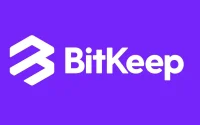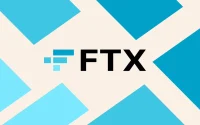Babel Finance Granted Creditor Protection Extension In Singapore
Crypto lender Babel Finance, which owes as much as $800 million to creditors, has been granted a three-month extension of its creditor protection by a Singapore court, according to co-founder Flex Yang. The moratorium will now last until July 21. The company, which operates in both Hong Kong and Singapore, ran into trouble during last year’s crypto market meltdown.
A Singapore court extended creditor protection for crypto lender Babel Finance by about three months, the moratorium will now last until July 21. Deribit had raised objections to the restructuring plan. BBG https://t.co/5Qn0ZxFxRW
— Wu Blockchain (@WuBlockchain) April 18, 2023
Proposed Restructuring Plan
Babel had been seeking a longer period of creditor protection to pursue a proposed restructuring plan that would repay debt with revenue generated by a new decentralized finance project minting so-called “Babel Recovery Coins.” However, the largest Bitcoin and Ether options exchange, Deribit, a creditor of Babel, had raised objections to the plan and requested that Alvarez & Marsal be appointed as an independent adviser to monitor the plan.
Babel’s troubles began when it used customer funds for proprietary trading and ran up significant losses, forcing the crypto lender to freeze withdrawals in June 2022. Last year, the company reached a $2 billion valuation in a funding round but became one of several digital-asset firms that hit the buffers as cryptocoins crashed.
Restructuring Efforts
Flex Yang returned to oversee Babel’s restructuring after stepping down from day-to-day operations in 2021. The extension of creditor protection gives Babel more time to complete its proposed restructuring and repay its creditors using the revenue generated by its new project.
Babel’s restructuring plan is based on minting “Babel Recovery Coins” that will generate revenue to repay its creditors. However, the plan has faced objections from Deribit, which has requested an independent adviser to monitor the restructuring process. It remains to be seen whether Deribit’s objections will be addressed and whether Babel’s restructuring plan will be successful in repaying its debts.
The extension of creditor protection provides Babel with more time to complete its restructuring and repay its debts. However, the company still faces significant challenges, including objections from creditors, and the success of its proposed restructuring plan remains uncertain.



